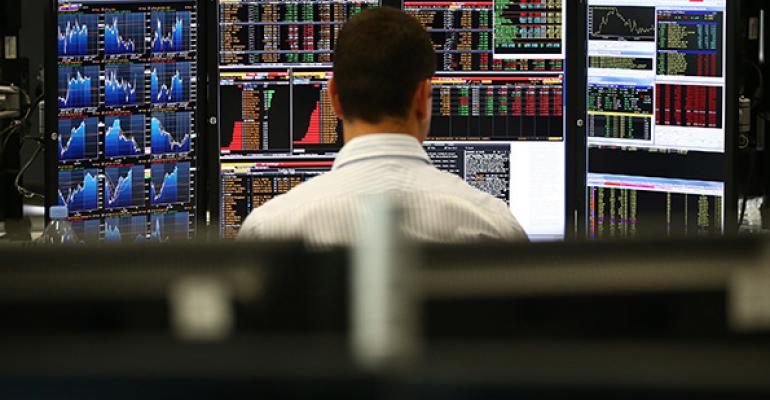Financial advisors and investment management consultants have long recognized that different fund managers have different investment styles. Some focus on stock picking, while others rotate amongst sectors or asset classes based on macroeconomic bets. And those who don’t think active managers can do any of those things successfully simply buy index funds.
In recent years, though, Martijn Cremers and Antti Petajisto have published research suggesting that many active managers may be closer to an index fund that their investors realize. These “closet indexer” funds can be identified by their low Active Share – a measure created by Cremers and Petajisto to measure the extent to which a portfolio’s holdings deviate from its underlying benchmark, which appears to do a better job than tracking error at identifying which fund managers are really making active bets (or not).
And the Active Share research finds that closet indexers really do tend to underperform. Of course, the result that isn’t entirely surprising, as in general index funds are expected to underperform their benchmark by the amount of their fees, and an actively managed fund with a higher active management fee that really just holds the benchmark anyway would simply amount to an unusually expensive index fund.
Which means Active Share itself can be an effective way to evaluate the appropriateness of an investment manager’s fee in the first place. Funds that have low Active Share and resemble their benchmark will behave like index funds, and should charge index-fund-like fees. By contrast, funds that have higher Active Share – which are taking a larger portion of active portfolio bets – at least have the potential to outperform their higher active management fees. Though ultimately the jury is still out about whether high Active Share funds really outperform on average, or are simply an indicator of which funds might be able to outperform!

